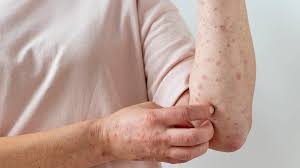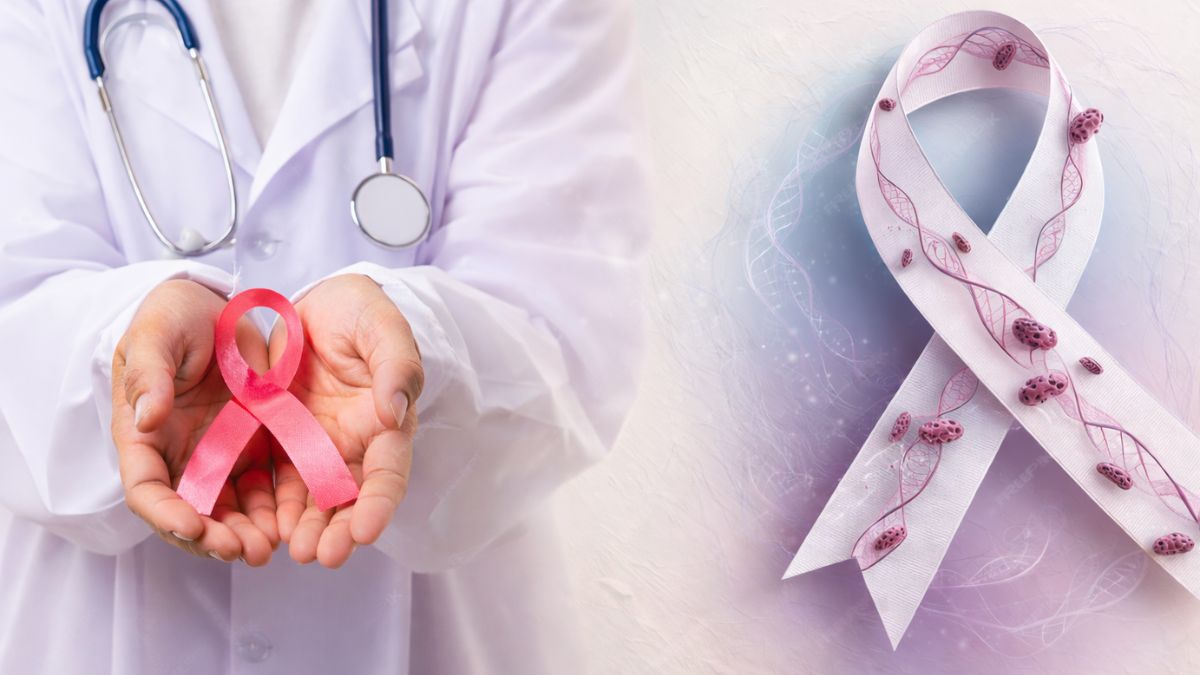
Kollam Chickenpox Outbreak: Symptoms and Vaccination Insights
The recent chickenpox outbreak in Kollam, Kerala, has raised significant concerns among health authorities. With around 100 confirmed cases reported in just a few days, the local health department has declared a high alert to manage the situation effectively. The varicella-zoster virus, responsible for chickenpox, spreads easily through respiratory droplets and direct contact with infected individuals, making it crucial for the community to be aware of the symptoms and prevention methods.
Kerala's post-monsoon humidity creates an environment where the virus can thrive, contributing to the outbreak's rapid spread. Initially, children were predominantly affected, but recent reports indicate that adults are now also at risk. This shift in the affected demographic highlights the importance of vaccination and public awareness.
Common symptoms of chickenpox typically appear 10 to 21 days after exposure. They include fever, fatigue, loss of appetite, and an itchy blister-like rash that usually starts on the face and trunk before spreading. As the disease progresses, these red spots develop into fluid-filled blisters that eventually crust over. Complications can arise, especially in infants, adults, pregnant women, and those with weakened immune systems, leading to serious health issues such as pneumonia and encephalitis.
To combat the outbreak, health authorities are emphasizing the importance of vaccination. The varicella vaccine is a live attenuated vaccine that significantly reduces the risk of contracting chickenpox and its complications. The standard vaccination schedule includes two doses, with the first dose given to children at 12–15 months and the second at 4–6 years. For unvaccinated adolescents and adults, two doses are recommended four to eight weeks apart to ensure effective immunity.
Health experts advise that two doses of the vaccine are much more effective than one and can nearly eliminate severe cases of the disease. However, certain contraindications exist, such as pregnancy and significant immunosuppression, which should be discussed with a healthcare provider. Side effects are generally mild, including a slight fever and local reactions, while severe reactions are rare.
As the outbreak continues, public health officials urge the community to remain vigilant. Awareness campaigns and preventive measures are essential to curb the spread of the virus. If you experience symptoms or believe you have been exposed, consult with your healthcare provider for guidance on vaccination and treatment options.











